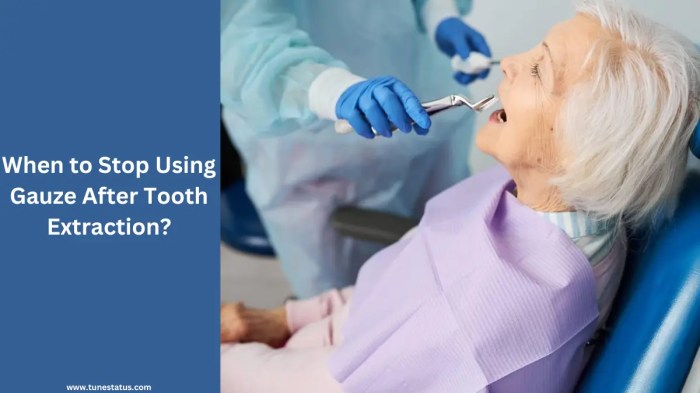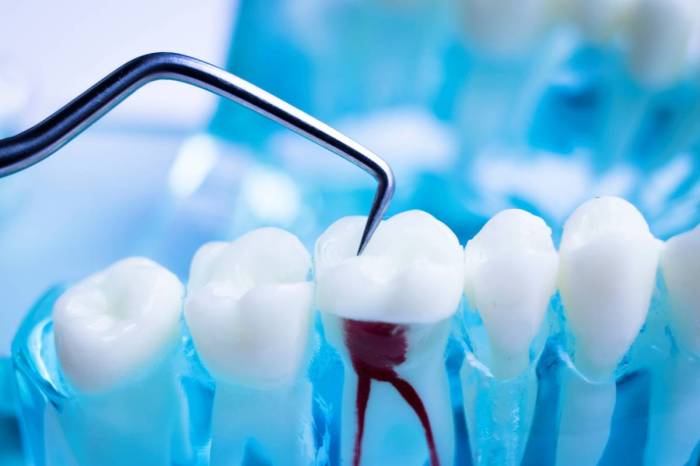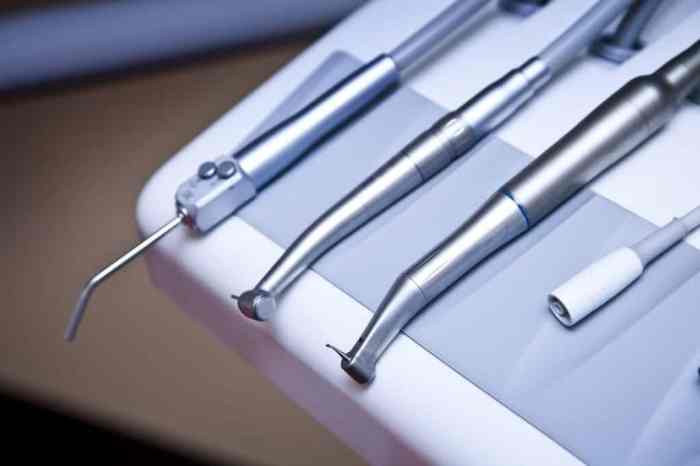How long does it take to do a crown? Getting a crown can feel like a lengthy ordeal, but the actual time depends on a whole heap of factors. From the type of crown to the dentist’s experience and even your own dental history, we’ll break down the ins and outs of crown procedures, providing you with a comprehensive guide to estimate the timeframe.
This guide will explore the various stages of a crown procedure, from the initial consultation to the final fitting, examining the typical time spent in each step. We’ll also delve into the factors that influence the overall duration, such as the type of crown, the complexity of the procedure, and even the clinic you choose. Expect to see tables comparing different crown types and clinic settings, helping you compare apples to apples when it comes to time commitments.
Factors Affecting Crown Procedure Time: How Long Does It Take To Do A Crown
Dental crowns, crucial for restoring damaged teeth, require meticulous planning and execution. The time needed for a crown procedure varies significantly, influenced by numerous factors. Understanding these factors allows patients and dentists to anticipate the process and manage expectations.
Types of Dental Crowns and Their Impact
Different materials used for crowns affect the procedure’s duration. Porcelain crowns, known for their aesthetic appeal, typically require more complex laboratory procedures, extending the overall time. Metal crowns, often more affordable, might involve simpler lab work, leading to a shorter procedure time. Zirconia crowns, a popular choice for strength and aesthetics, present a middle ground, often taking a moderate amount of time to fabricate.
Stages of a Crown Procedure and Their Duration
The crown procedure follows a series of stages, each impacting the total time. The initial consultation, crucial for diagnosis and treatment planning, generally takes about 30-60 minutes. Preparing the tooth, often involving reshaping and removing decay, can range from 30 minutes to an hour, depending on the complexity. The lab work, where the crown is fabricated, typically takes 2-4 weeks.
The final fitting, where the crown is cemented, usually takes 30-60 minutes.
Factors Influencing Procedure Time Variability
Numerous factors contribute to variations in procedure time. Patient oral health plays a vital role; teeth with existing decay or gum disease might require additional treatment before the crown procedure, leading to an extended duration. The complexity of the procedure also impacts time. Teeth with extensive damage or requiring complex restorations take significantly longer to complete. A dentist’s experience and proficiency can also affect the speed and efficiency of each stage, influencing the overall duration.
Role of Pre-existing Dental Work
Pre-existing dental work, such as fillings or previous crowns, can affect the time required for a new crown. If the existing work needs repair or modification, it can add extra time to the procedure. For example, a crown placed over a damaged filling might require more preparation time to ensure proper fit and support. A previous crown needing replacement could necessitate additional steps, such as removing the old crown, potentially increasing the procedure’s duration.
Average Time Comparison for Different Crown Types
| Crown Type | Consultation (min) | Preparation (min) | Lab Work (days) | Fitting (min) | Total Time (days/weeks) |
|---|---|---|---|---|---|
| Porcelain | 45 | 45-60 | 7-14 | 45 | 2-3 weeks |
| Metal | 45 | 30-45 | 3-7 | 30 | 1-2 weeks |
| Zirconia | 45 | 45-60 | 5-10 | 45 | 2-2.5 weeks |
Note: These are average estimations; actual times may vary based on individual patient needs and specific circumstances. Factors like complex procedures or unforeseen issues could significantly alter the timeline.
Timeframe Breakdown for Crown Procedures

Dental crowns are vital restorative treatments, but their timeline can vary significantly. Understanding the procedure’s phases and associated durations empowers patients to manage expectations and plan accordingly. Factors like the complexity of the tooth, the chosen material for the crown, and the dentist’s experience all contribute to the overall duration.
Typical Time Allotment for Each Step
A typical crown procedure involves several steps, each with an estimated time frame. These steps ensure a precise and durable restoration. The following breakdown provides a general guideline; actual times may vary.
- Initial Consultation and Examination (15-30 minutes): This initial visit allows the dentist to assess the patient’s oral health, diagnose the need for a crown, and discuss treatment options. This includes a thorough examination, X-rays, and a discussion of the procedure’s details.
- Preparation of the Tooth (30-60 minutes): The dentist carefully shapes the tooth to accommodate the crown. This involves removing a portion of the tooth’s enamel and dentin to create space for the crown. The complexity of the tooth’s preparation directly affects the time needed for this step. For example, a severely decayed or fractured tooth requires more extensive preparation.
- Taking Impressions (15-30 minutes): Precise impressions of the prepared tooth are taken using specialized materials. These impressions create a mold that will be used to fabricate the custom-made crown in the dental laboratory.
- Temporary Crown Placement (15-30 minutes): A temporary crown is placed on the prepared tooth to protect it and maintain its shape until the permanent crown is ready. This temporary restoration provides comfort and prevents sensitivity or discomfort.
- Laboratory Fabrication (2-4 weeks): The impressions are sent to a dental laboratory where the technician crafts the permanent crown from the selected material. The laboratory time depends on the crown type and complexity.
- Fitting and Cementation (30-60 minutes): The dentist checks the fit of the permanent crown on the prepared tooth and cements it in place. Any adjustments are made at this stage. This ensures a secure and comfortable fit.
Estimated Time Ranges for Various Crown Procedures
The overall time for a crown procedure varies depending on the complexity of the tooth and the chosen crown material. A simple, single-unit crown typically takes 2-3 weeks, from initial consultation to final cementation. More complex cases, involving multiple units or extensive preparation, can take longer. For example, a full-arch restoration might take several weeks due to the extensive procedures involved.
Zirconia crowns are frequently fabricated in 2-3 weeks, while porcelain fused to metal may have a slightly longer fabrication time.
Step-by-Step Guide with Time Estimates
This step-by-step guide provides a general timeframe for a typical crown procedure.
- Initial Consultation (15-30 minutes): Examination, diagnosis, treatment plan discussion.
- Tooth Preparation (30-60 minutes): Shaping the tooth for the crown.
- Impression Taking (15-30 minutes): Creating a mold of the prepared tooth.
- Temporary Crown Placement (15-30 minutes): Protecting the tooth while the permanent crown is made.
- Laboratory Fabrication (2-4 weeks): Custom-made crown creation.
- Fitting and Cementation (30-60 minutes): Final check and placement of the permanent crown.
Practical Considerations for Crown Procedure Duration

Dental crown procedures, while essential for oral health, vary significantly in their execution time. Understanding the factors influencing duration is crucial for both patients and dentists to manage expectations and optimize treatment plans. From the initial consultation to the final fitting, various aspects contribute to the overall timeframe.
Clinic Type and Procedure Time
Different dental settings impact the pace of crown procedures. Specialized dental clinics often focus on a particular type of procedure, which may affect the time allocated for each stage. General practices, while providing a broader range of services, might have slightly different time constraints. This difference is reflected in the estimated time needed for various phases of the procedure.
| Clinic Type | Consultation | Preparation | Lab Work | Fitting | Total Time |
|---|---|---|---|---|---|
| General Dental Practice | 15-30 minutes | 45-90 minutes | 2-7 days | 15-30 minutes | 2-3 weeks |
| Specialized Dental Clinic | 15-30 minutes | 45-75 minutes | 1-5 days | 15-30 minutes | 1-2 weeks |
Note: These are estimated ranges, and actual times can vary based on individual patient needs and complexity.
Expediting Crown Procedures
Dentists employ various strategies to expedite crown procedures while maintaining quality. Digital imaging and CAD/CAM technology allow for faster preparation and precise lab work, often reducing the time needed for the entire process. Efficient scheduling and streamlined workflows are also vital. Pre-fabricated crown options can reduce lab time significantly.
“Streamlined workflows, coupled with advanced technology, are key to reducing overall crown procedure time without compromising quality.”
Different Approaches to Crown Procedures
The approach to crown procedures impacts the overall time commitment. Same-day crowns, using pre-fabricated crowns, significantly reduce the time compared to traditional crowns, which require lab fabrication. However, the complexity of the tooth structure and the patient’s needs can influence the selection of method and the final duration.
Circumstances Affecting Procedure Length, How long does it take to do a crown
Several factors can lengthen the crown procedure beyond the average time. Complex tooth structures, requiring more extensive preparation, will naturally extend the procedure. Patient anxiety can impact the dentist’s ability to work efficiently, potentially lengthening the time required. A pre-existing dental condition or requiring a referral to a specialist might also impact the timeframe.
Scheduling Options and Time Commitment
Dental practices offer various scheduling options to accommodate patient needs and preferences. Early morning or evening appointments might be available, potentially shortening the overall time commitment for some patients. Split appointments, dividing the procedure into multiple sessions, allow patients to return for later steps. This allows for more flexibility, and the dentist can address any unexpected issues or patient comfort concerns.
These options can alter the total time commitment, from single-session procedures to multiple sessions.
Last Recap
In conclusion, getting a crown isn’t a one-size-fits-all deal. The time it takes to get a crown is influenced by a variety of factors, from the type of crown to the dentist’s experience. This guide has equipped you with the knowledge to estimate the timeframe and understand the factors that play a part. Ultimately, it’s all about making an informed decision that works best for you and your oral health journey.
Now you know what to expect, so get ready to rock that pearly white smile!
Common Queries
How long does the consultation take for a crown procedure?
A consultation typically lasts between 15-30 minutes, depending on the dentist and the specific needs of the patient.
What if I need a complex crown?
Complex crown procedures, such as those involving severely damaged or misshapen teeth, can take longer due to the increased preparation time.
Can I get a crown on the same day?
Same-day crowns are an option in some cases, but the procedure’s complexity and the type of crown will determine if it’s feasible.
What about different crown materials?
Different crown materials (porcelain, metal, zirconia) have varying processing times in the lab. This will impact the overall procedure duration.
 Nimila
Nimila



